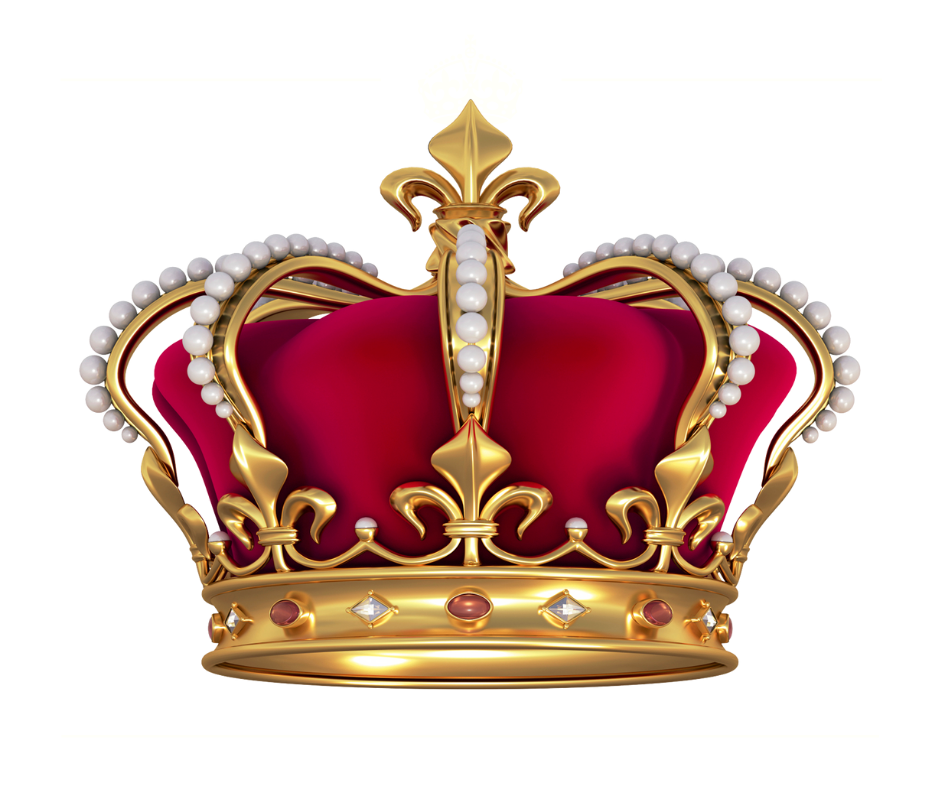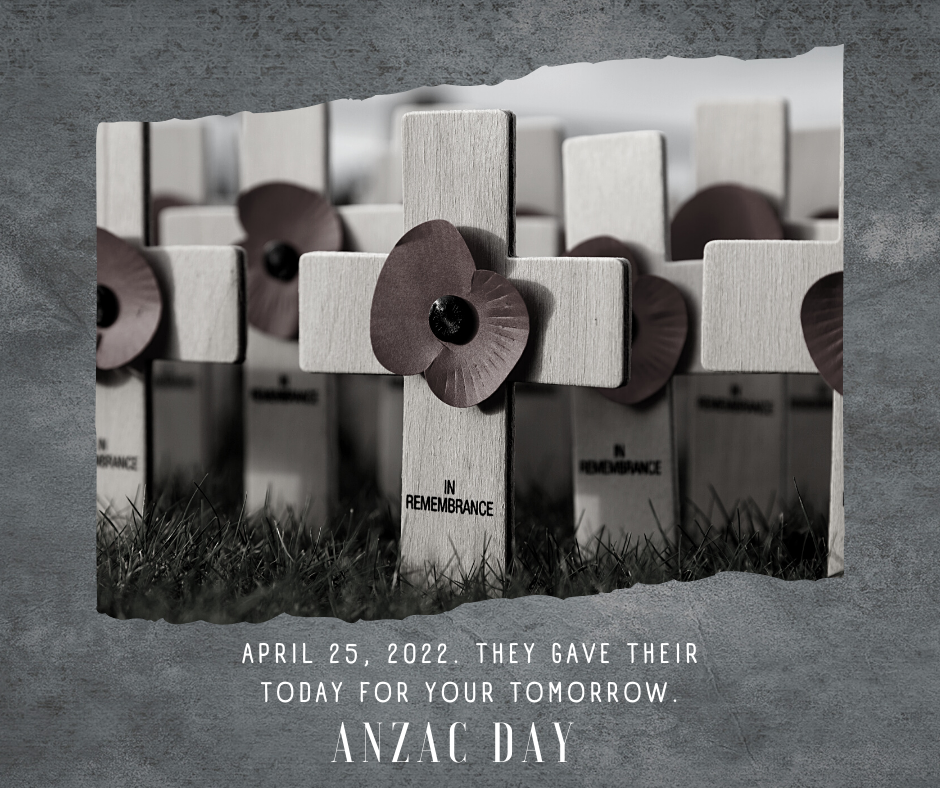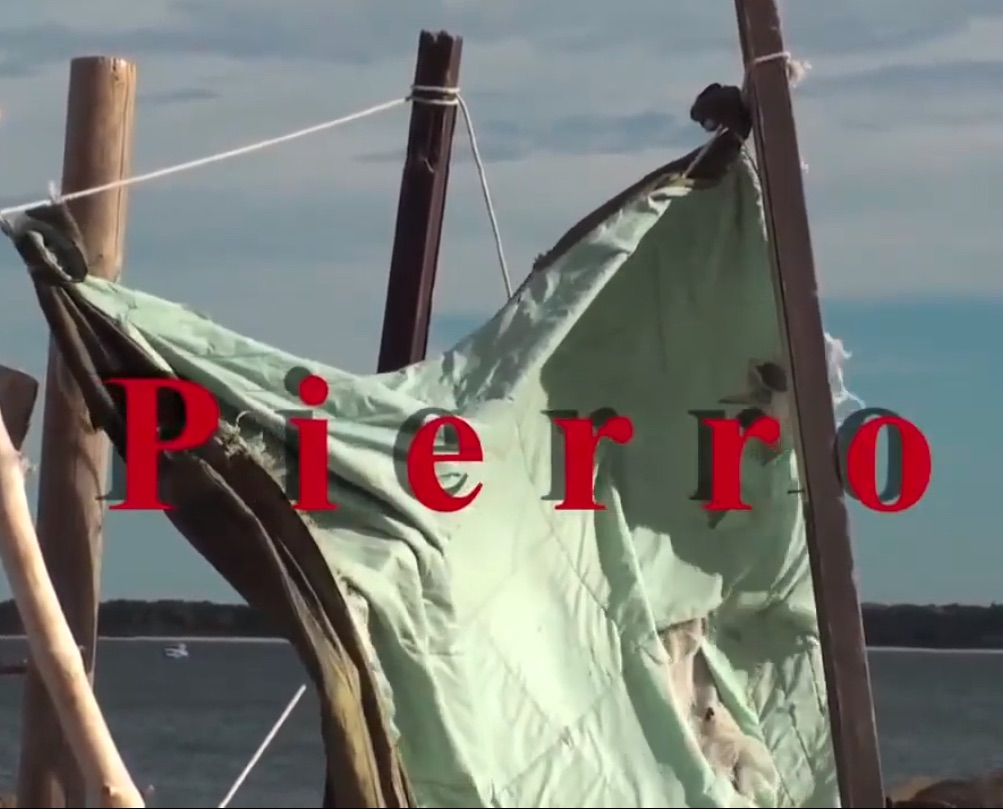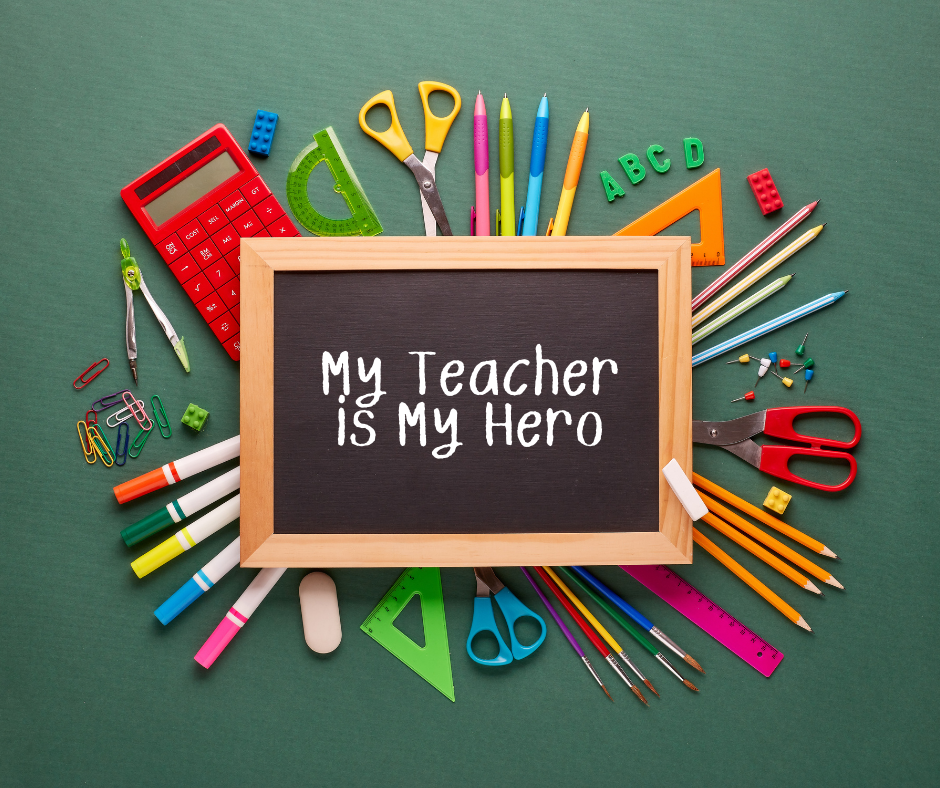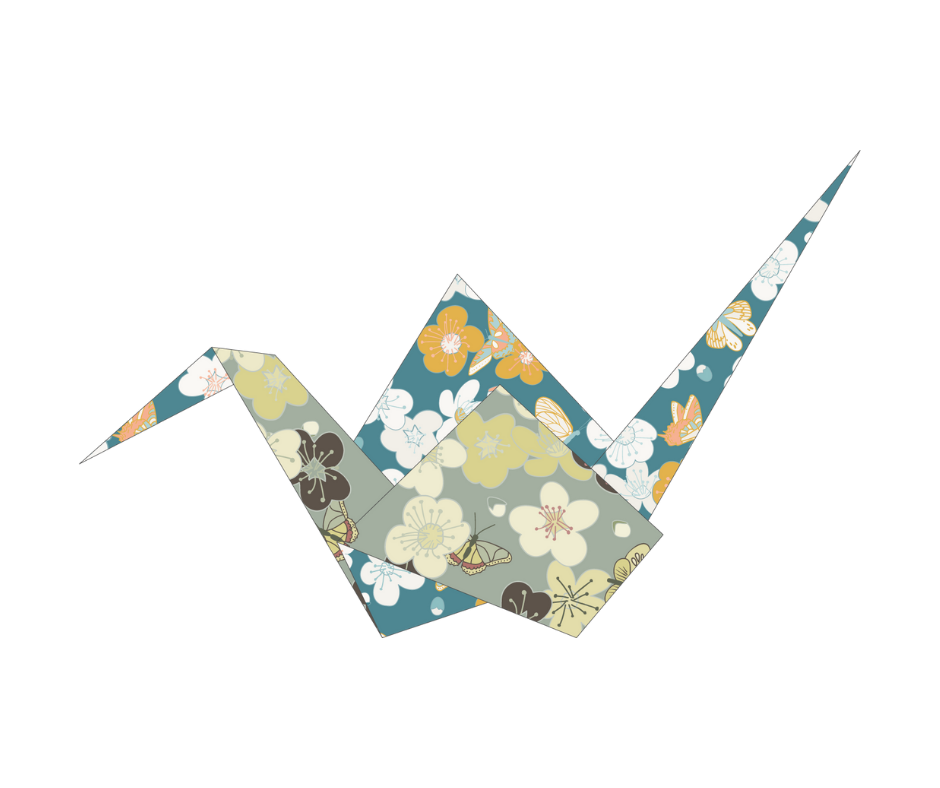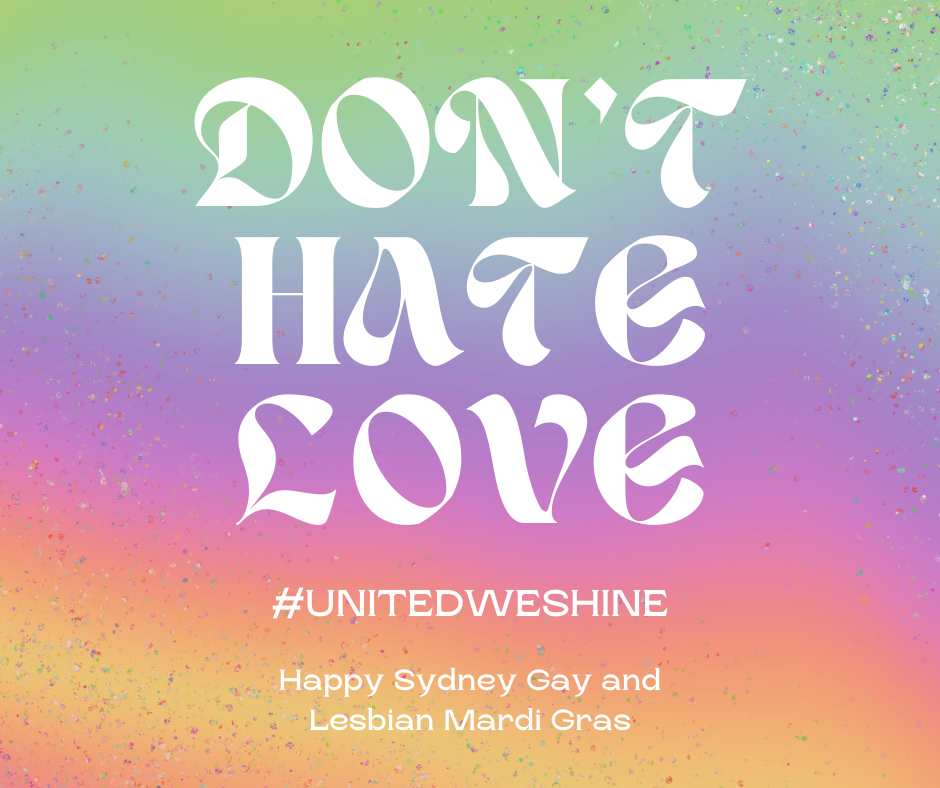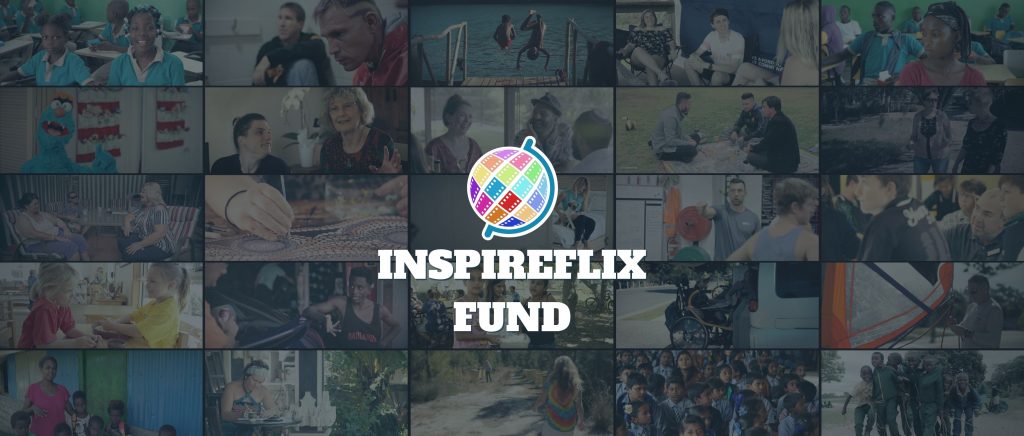The Crown
I have watched The Crown on Netflix a number of times through and I’m looking forward to the release of season five in November 2022. I’m aware that The Crown is dramatised and not an accurate version of historical events, nor is it a genuine representation of the British royal family. I do take an interest in The Crown as initially it was highly recommended to me and then I was keen to see the depiction of Princess Diana. I know that there is a lot of social divide when it comes to royalty and attitudes towards the monarchy. I definitely understand the arguments that surround this topic. I’m not quite sure where I fit on the spectrum of being a royalist or not, but I certainly take an interest in it. Whilst watching The Crown I recognised that the show sheds some light on the role of the monarchy and reigning monarch more specifically. Previously I wasn’t as clear on how the royal family fits into government. I think it is interesting to see the role of The Queen in conversing with each prime minister to form a government in her name. With the platinum jubilee celebrations taking place over this week and into the weekend, it got me thinking a lot about people’s feelings towards the royals. I know that there can be protests and anti-monarchy displays around the world but I just don’t seem to see them as much as I do with the celebration for them. Even when there are these outpours of anger towards the royal family, it appears to die down or at least not receive as much coverage. When I watch any of the clips of jubilee celebrations on YouTube it appears to be nothing but adoration and applause. I have heard a lot about how the royal family is inherently important to so many people of Great Britain. I wonder how this concept has actually developed as so many royal families have collapsed yet the British royal family remains intact. The British royal family is also not immune to scandal or criticism so I find it interesting that the monarchy is able to remain. There have been numerous instances over just the past century which could have completely derailed the royal family. What I am intrigued in is how engrained the monarchy is in the people of Great Britain to avoid complete collapse. There is plenty of anti-monarchist sentiment out there as well as many people who simply just don’t see the point of having a royal family. I think The Crown draws attention to a lot of anti-monarchy attitudes as well as pro-monarchy. The shows explores the role of The Queen as a working and functioning part of government as well as displaying all the privileges that come along with being a part of the royal family. I am keen to see what the future holds for the British royal family and how it continues to function in a modern world.

